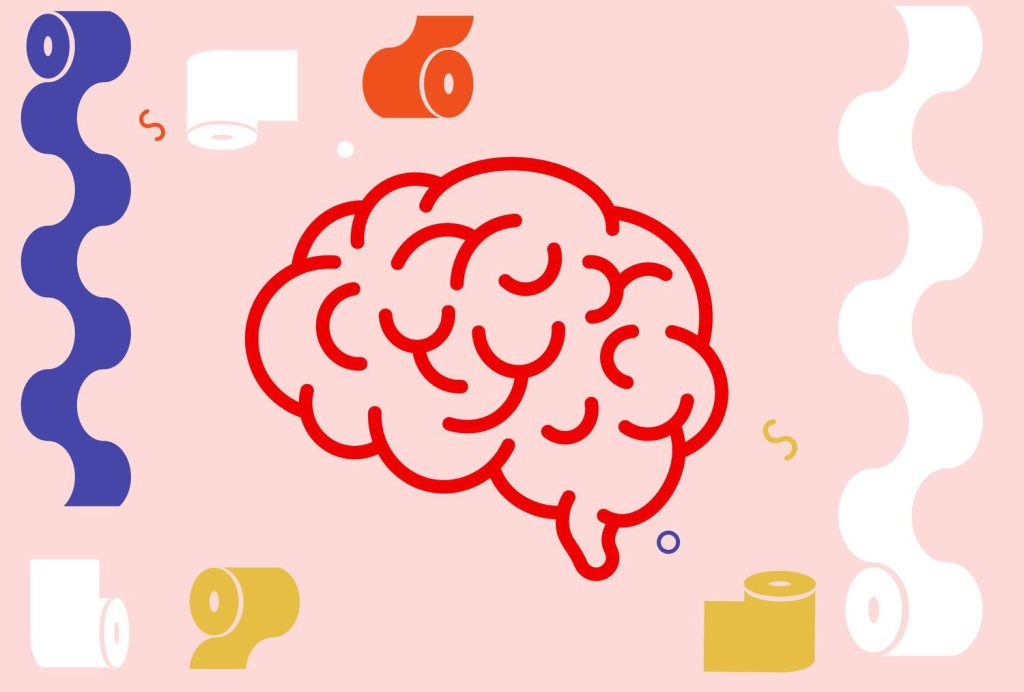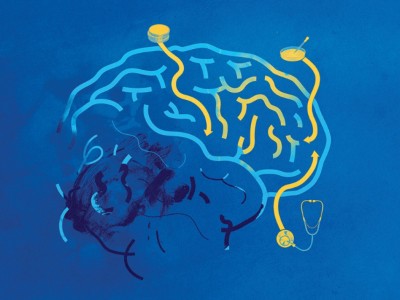Consuming strawberries might benefit Your Heart and Brain.
Berries are often regarded as superfoods with a variety of health advantages. Berries have been demonstrated in prior research to reduce inflammation and protect specific bodily systems, including the cardiovascular system and gut microbiome.
According to San Diego State University experts, eating the equivalent of two servings of strawberries every day can boost people’s blood pressure, brain function, and antioxidant capacity.
Berries are typically regarded as a superfood. That is due to the multiple health advantages that all berries, including acai berries, blueberries, blackberries, and raspberries, offer.

Berries can reduce inflammation and oxidative stress, which can be disease factors, according to earlier research.
Berry eating has also been related in other research to health benefits and protection for the immune system, neurological system, cardiovascular system, and gut flora.
According to recent research from San Diego State University, eating strawberries daily can help people become more antioxidant-capable. They can Alsop have better cognitive function, and lower their blood pressure.
The California Strawberry Commission supported the study, which was just presented at NUTRITION 2023, the American Society of Nutrition’s annual meeting.
26 grams or two strawberry servings
The idea for this study was inspired by earlier research, according to Dr. Shirin Hooshmand, a professor in the School of Exercise and Nutrition Sciences at San Diego State University and the project’s primary investigator.
She noted that some of the same effects had been observed in animal and human research prior to the clinical investigation, but in various populations and with various study designs.
Dr. Hooshmand and her team recruited 35 healthy men and women between the ages of 66 and 78 for this study. Over eight weeks, participants were given either a control powder or 26 grams of freeze-dried strawberry powder, which is equal to two servings of fresh strawberries.
In comparison to those who took the control powder, those who consumed the strawberries showed an increase in cognitive processing speed of 5.2%, a decrease in systolic blood pressure of 3.6%, and an increase in antioxidant capacity of 10.2%.
In response to their findings, Dr. Hooshmand stated that since strawberries are an excellent source of vitamin C, they anticipated seeing an enhancement in antioxidant capability. Based on their theory, they also anticipated some improvement in cognitive processing speed.
When asked about the blood pressure results, Dr. Hooshmand remarked, “Previously published research has already shown some of the acute and long-term cardiovascular health benefits of strawberries in different populations, so this is great to confirm some of those findings.”
This study shows that strawberry consumption may enhance cardiovascular risk factors like hypertension and cognitive function. Dr. Shirin Hooshmand said, “We’re pleased that an easy dietary change, like including strawberries in a daily diet, may enhance these outcomes in older persons.”
Why are strawberries so nutritious?
In late 18th-century France, gardens were where strawberries (genus Fragaria) were first cultivated. However, they were discovered in the wild as early as the Roman era.
Strawberries are now grown all over the world, with the majority of the production taking place in Spain, Turkey, and the United States.
Surprisingly, although being referred to as a “berry,” strawberries are actually an accessory or aggregate fruit because of how they develop.
The body needs a variety of vitamins and minerals to keep healthy, including vitamin A, magnesium, potassium, and folate (vitamin B9), all of which are present in strawberries.
Strawberries are also a very good source of vitamin C; eight strawberries will provide you the recommended daily allowance.
Additionally, strawberries are well recognized for having a significant number of antioxidants, such as phytosterols and polyphenols. In addition to their ability to decrease cholesterol, phytosterols, and polyphenols both have anti-inflammatory and antioxidant characteristics.
Previous studies have connected strawberry consumption to a reduced risk for heart disease, diabetes, Alzheimer’s disease, and even maybe help prevent cancer.
There is much to learn about strawberries.
Dr. Hooshmand responded that the strategy for the research’s following steps will depend on finding additional financing.
But stay tuned, because we have lots of fantastic ideas for follow-up research on some of our recent findings. As part of a multi-fruit experiment, we are also looking into how strawberries affect these and other outcomes, the researcher added.
Allison Tallman, a registered dietitian and the creator of Nourished Routes who was not involved in the study, discussed her wishes for future research on the health benefits of strawberries after reading this study.
The relationship between strawberries and heart health, brain health, and gastrointestinal health has been well investigated. Since strawberries definitely contain antioxidants, I’d love to see further studies on how they help prevent cancer.
the healthiest method to consume strawberries?
Most adults should consume 1 1/2 to 2 cups of fruit daily, according to experts. One cup of fruit is roughly eight big strawberries.
Are you trying to find new ways to eat more strawberries? Consider Tallman’s recommendations:
- Add strawberries to a protein-rich smoothie to kick off your day.
- Put strawberries on top of a spinach salad or a grain bowl to add some flavour to your lunch.
- Yoghurt parfaits taste wonderful with strawberries.
- Finally, strawberries are good eaten unprocessed!
The U.S. Department of Agriculture’s MyPlate programme also provides a number of nutritious strawberry-centric dishes, such as:
- Broccoli Strawberry Orzo Salad
- Pear Kebabs with Strawberry Dipping Sauce
- Fruit and Yogurt Breakfast Shake
- Fabulous Fruit Muffins
- Fruit Salsa
- Fruit Pizza
REFERENCES:
- https://www.medicalnewstoday.com/articles/could-eating-strawberries-daily-improve-heart-and-brain-health
- https://www.nutritionletter.tufts.edu/healthy-mind/improving-memory/pick-strawberries-to-benefit-your-heart-and-brain/
- https://health.clevelandclinic.org/benefits-of-strawberries/
For Heart disease medications that have been suggested by doctors worldwide are available here https://mygenericpharmacy.com/index.php?cPath=77_99








